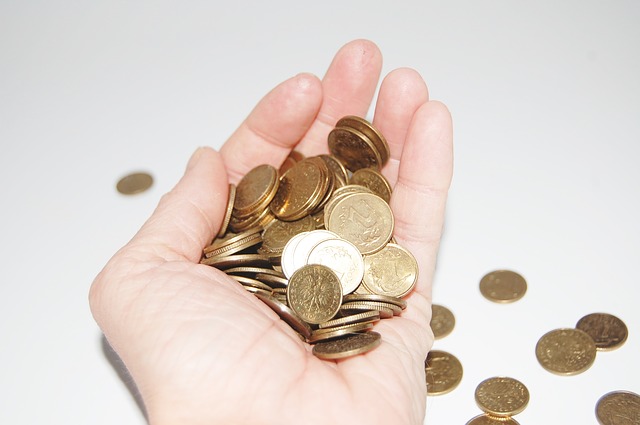Money is a tool used to achieve many things in life. Problem is, for most young professionals, money is limited.
Thus, as a financial planner, I often suggest to the people I serve to set up a budget.
Some people feel that having a budget strips them off of their freedom to enjoy their hard earned money.
Others secretly fear failing to adhere to their budget goal, so they choose not to set one instead.
Why is it important to set a budget then?
Having a budget will allow you to remain focused on your real goals (the ones that you hold close to your heart) and not be tempted into making an impulse/unnecessary buy that takes you further away from them.
Unless you have only fleeting thoughts of a sound financial future, following a planned budget would definitely come in handy for you.
Okay, but isn’t it troublesome to constantly track your own financial statements?
How can you start without prior knowledge of basic Financial Accounting?
In my opinion, nothing beats knowing where your money comes in from and where it goes out to. However, for a start, allow me to share ONE simple (or lazy) budgeting strategy for the young professional:
Set an $X amount that you will strive to keep to everyday.
In my case, I allocate $30 dollars per day for variable spending.
This includes my business expenses and entertainment (gym, movies, the odd drink with friends)
Say I was to meet a friend for a $20 lunch today, my budget not only stops me from going into Ya Kun later in the afternoon for my favourite teh, it also forces me to think creatively of places to go to for dinner that wouldn’t burst my daily budget.
$30/day over 30 days = $900/month
I am often asked if I exceed my $900. While I used to be able to limit my spending to < $900 quite easily, it gets tougher as I start to meet more people in my work life.
Nonetheless, I rarely, if ever exceed my budget by >$200-300 each month ($1200 is comfortable for me)
This is because I don’t work 30 days a month, and neither do most young professionals.
You must be thinking, if $1200 is comfortable for me, then why don’t I just raise my daily budget from $30 to $40?
There is abit of psychology involved here, but the short answer would be that setting aside $1200 is a sure-fire way for me to end up spending $1500.
Do try this on for size if you feel that you always seem to spend more than you should.
I know that if I don’t try to limit my daily spending, there will probably be too many days left at the end of the month. And I have seen many ‘suffer’ this fate.
Your $X amount ought to be challenging but realistic, otherwise you may simply give up after a couple of days.

